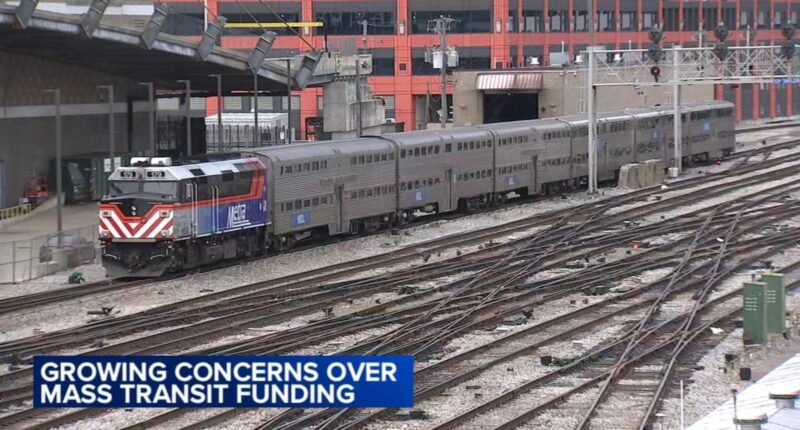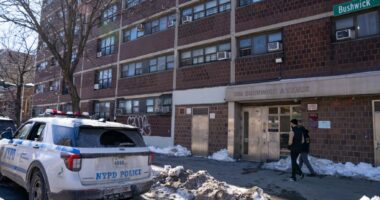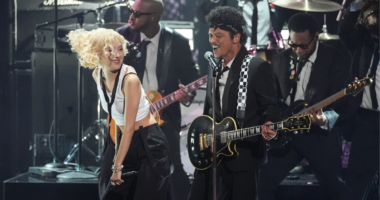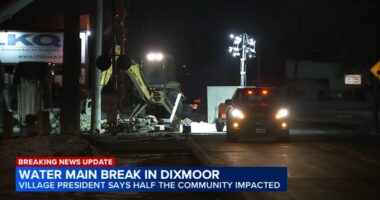Share this @internewscast.com
CHICAGO (WLS) — On Friday, the news was somber, as the committee responsible for evaluating the funding for the Regional Transportation Authority provided a forecast.
Fare hikes, thousands of job cuts, and reduced services will impact riders and workers in order to cover an expected budget shortfall of $202 million in 2026 and $790 million in 2027.
ABC7 Chicago is now streaming 24/7. Click here to watch
“These repercussions are finally being recognized, and I believe we need to introduce even more transparency into this process and communicate it more effectively,” RTA Board Director Thomas Kotarac stated.
The RTA Board of Directors is hopeful that the state legislature will approve a bill to address the agencies’ expenses and requirements to enhance service and infrastructure during the fall veto session.
“I would hope the legislature avoids postponing the issue further, and they would provide us with a promising future, emphasizing more meaningful transportation, additional rides, and extra trains,” remarked Chairman of the RTA Board of Directors Kirk Dillard.
Layoff notices could start going out next year without more state funding.
RELATED: President Trump pauses $2.1B for Chicago infrastructure projects, affecting CTA Red Line extension
“I am concerned, not just for myself, but for the people that our transit system, colleagues who devote their lives to serving,” expressed Darrell Brewer, a Pace vehicle service attendant.
“We know the public has been asking for better service. How are we going to retain the workers we have who have dedicated their lives to this when they might not have a job in a year or two and might start thinking, ‘should I start looking for a new job?'” said Alyssa Goodstein, Illinois communications director for the American Federation of Labor and Congress of Industrial Organizations.
For riders, more expense and less service is not what they are looking for.
“I think it would definitely be more difficult for more commuters because sometime the trains are super full in the morning. And even though they run pretty often, every 20-30 minutes, I think the trains would be way more packed,” Metra rider Cassie Silva said.
“A little bit more but it’s harder once you add it up. It’s quite an expense,” CTA rider Luis Corral said.
The transit agencies are expected to submit budgets to the RTA in November to be voted on in December.
Agency heads hope to have a more positive outlook after the veto session.
Copyright © 2025 WLS-TV. All Rights Reserved.

















